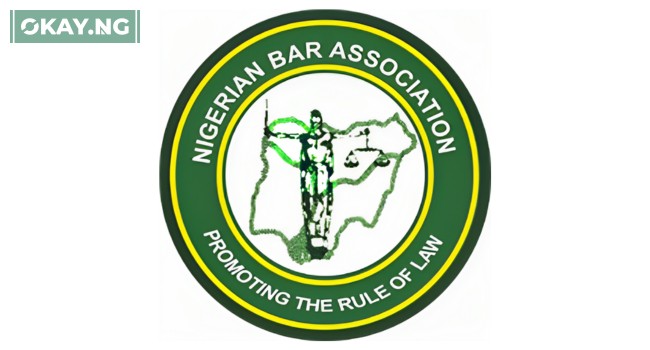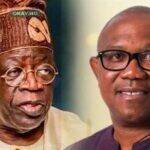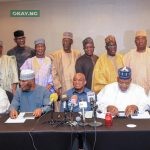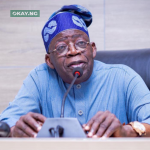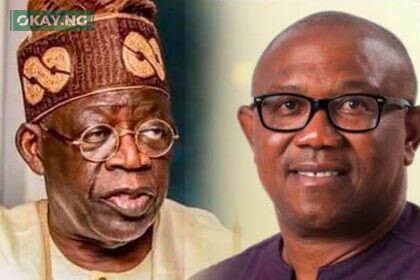The Nigerian judiciary is grappling with multiple challenges that undermine justice delivery, including corruption, poor funding, political meddling, and delayed case resolutions, according to Mr. Lawrence Nwakaeti, ex-Chairman of the Nigerian Bar Association, Owerri Branch.
In a detailed presentation titled “Judiciary and the role of the media in deepening Nigerian democracy” delivered at the NUJ Workstation opening on Monday, Nwakaeti highlighted the crisis facing Nigeria’s courts.
“Very recently in Nigeria, it is sad to posit that the concept of judicial independence and as the last hope of the common man, is in reverse gear and largely observed in the breach,” he said. He pointed out that judicial precedents—key to consistency in law—have been “largely abused even by all categories of courts.”
He described the judiciary’s current role as “hanging in the air” and “a nonexistent concept” in practice, despite its theoretical independence. The principle of separation of powers is “not functional,” with the judiciary often manipulated by the legislature and executive.
Nwakaeti lamented that “democracy in Nigeria is severely weakened and the rule of law and individual rights and liberties are largely in abeyance,” leaving justice at the mercy of a powerful few. Political interference has compromised the judiciary’s ability to serve as the final recourse for ordinary citizens.
He identified several factors responsible for this decline: judicial corruption, inadequate resources, political influence, case backlogs, and a flawed appointment system where positions are treated as hereditary or gifts rather than earned on merit.
To address these issues, Nwakaeti urged the judiciary to enhance its efficiency, clamp down on corruption, and strengthen cooperation with other democratic institutions. He reaffirmed the judiciary’s constitutional independence under Section 6 of the 1999 Constitution, emphasizing that “none of the other two arms of government can, by fiat, limit or remove the powers of the judiciary.”
He also called on journalists to maintain rigorous reporting to hold power accountable and foster democratic growth, stating, “This is what will not only keep those in the corridors of power on their toes, but will also help to grow our democracy and make our society better.”


